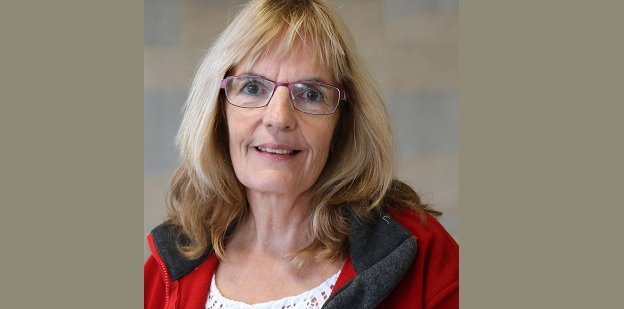Florence Myles: Learner corpora and SLA theory: the importance of task design

- Date
- Wednesday 13 May 2020, 11:00-12:00
- Location
- online
If you would like to attend this talk online, please email language@leeds.ac.uk by the 11th of May at the latest.
"Learner corpora and SLA theory: the importance of task design" (abstract to be posted soon)
Florence Myles, University of Essex
Learner corpora are becoming a significant asset for second language acquisition research, and are becoming more varied and sophisticated (Barlow 2005; Granger 2009; Granger, Gilquin & Meunier 2013; 2015; Myles 2005; 2015; Tono, Kawaguchi & Minegishi 2012). In the early stages, the focus of Learner Corpus Research (LCR) was on description rather than interpretation. This focus has gradually shifted, and efforts have been made in the LCR community towards a better grounding in SLA theory (Granger 2011). Despite such evolution, second language researchers have been rather slow in taking advantage of learner corpora and their associated computerised methodologies (Myles 2005; 2015), and LCR is often not well informed by SLA research, making collaboration between the two fields sometimes more of a wish than a reality (Hasselgård 1999; Myles 2015).
This talk will take stock of bi-directional moves (more corpora in SLA research and more SLA theory in LCR) and will argue the theoretical and empirical case for the need for SLA research methodologies to move into the digital age and for LCR to take full account of developments in SLA theorising. It will then outline the importance of SLA theory when designing a learner corpus, by discussing the case of SLA research on the acquisition of tense and aspect, and outlining the kind of data necessary to answer questions of current theoretical interest.
I will report on a cross-sectional study investigating task variability in the use of Spanish past tense morphology in a spoken learner corpus (Dominguez, Arche & Myles, 2011; 2017; Dominguez et al. 2013). Sixty L2 learners of Spanish (English L1) from three different proficiency levels (20 per group) and fifteen native speakers completed three communicative tasks (a guided interview, a picture-based narrative, and a historical figures description) and an experimental task, all designed to investigate the acquisition of tense and aspect in L2 Spanish. Results demonstrate significant differences in the emergence and accurate use of past tense morphology across tasks. An additional analysis showed that the less controlled tasks encouraged few instances of more advanced features, suggesting that not all task types are equally successful at eliciting the range of tense-aspect morphological contrasts theoretically relevant for SLA research on tense and aspect (Tracy-Ventura & Myles 2015).
I will conclude with recommendations about the design of L2 corpora if they are to be useful for advancing SLA theory.
